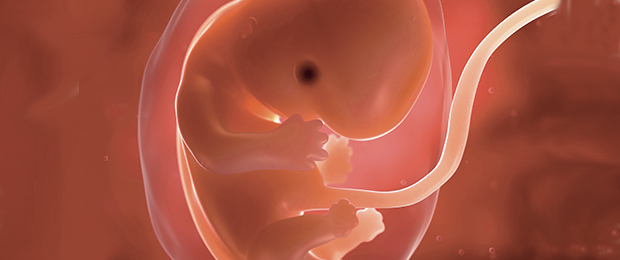In Malta, new embryo legislation came into force on 1 October. It had been voted in by Parliament and signed by the Maltese President in June 2018 (see Malta: Changes to the Embryo Protection Act adopted by Parliament and Maltese President signs the Embryo Protection Act ). This new law extends IVF access, legalises the freezing of embryos and introduces gamete donation.
From now on, anyone over the age of 18 is entitled to request IVF treatment including single women, homosexuals and men. However, as surrogacy is still banned in Malta, men remain excluded in practice. Surrogacy was one of the first draft bills to be overturned. It should therefore be covered by a separate law in future. The maximum age for women increased from 43 to 48.
Although gamete donation is now possible, each donor is entitled to make only one donation. Their donation can only be used to create one family.
Embryo research and destruction are still banned, even in the case of a serious malformation. The previous law authorised the creation of no more than two embryos which had to be implanted. The freezing of embryos was banned. With this new legislation, doctors can create up to five embryos and will be entitled to freeze them pending subsequent implantation. If any frozen embryos are not used either because the family is complete or the mother is over 48, the embryos will not be destroyed or frozen indefinitely, but handed over for adoption.
Bionews, Jennifer Willows (08/10/2018)

